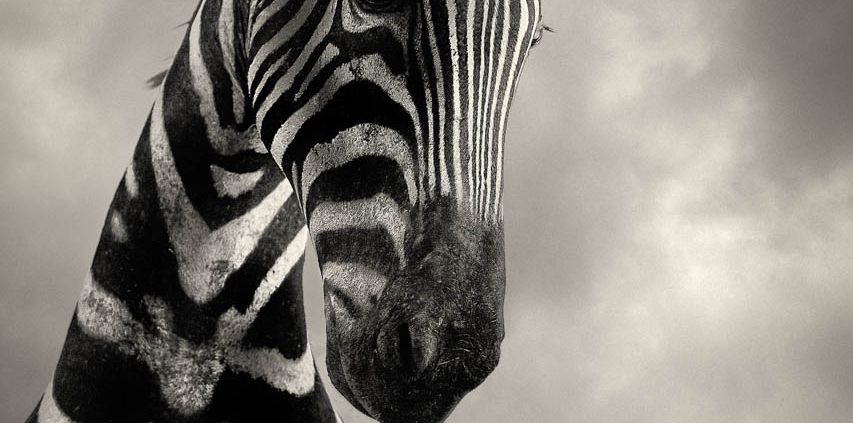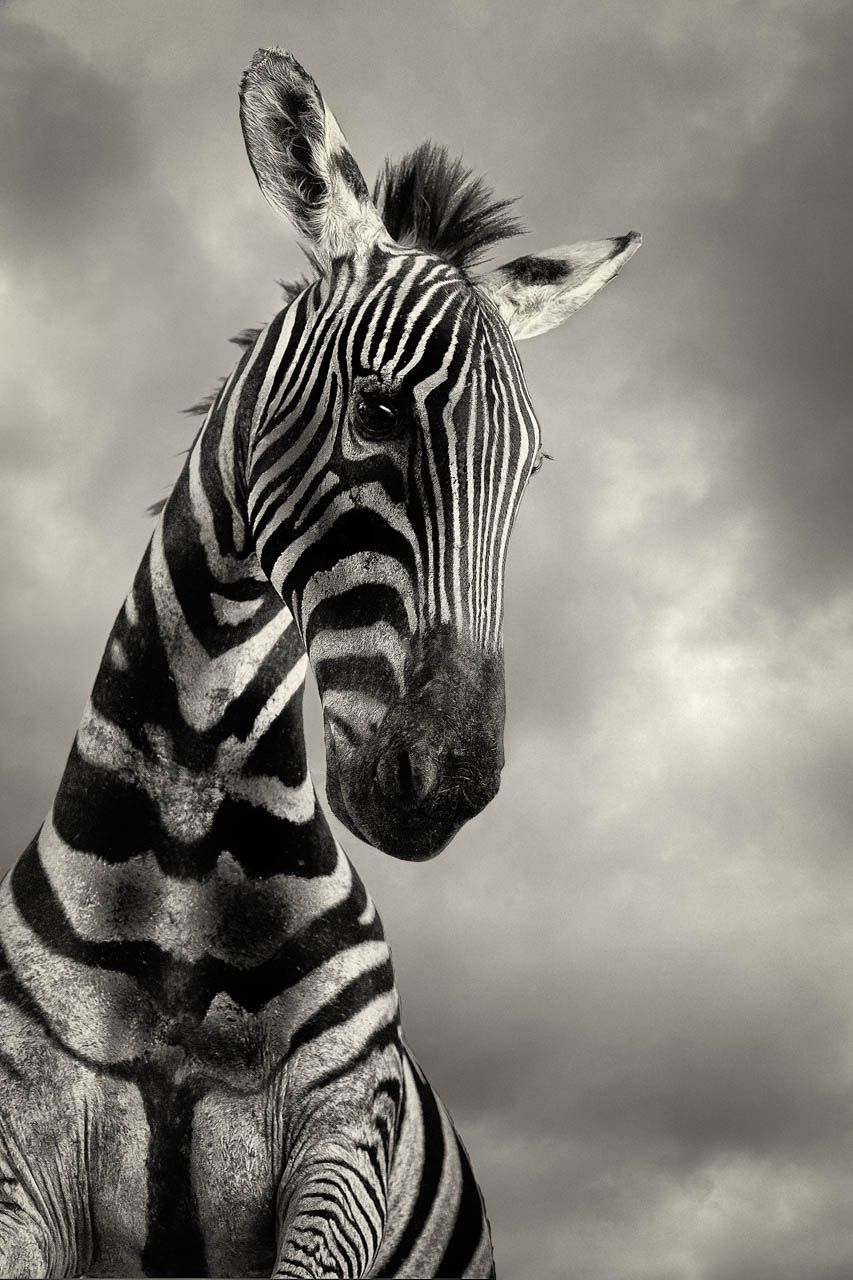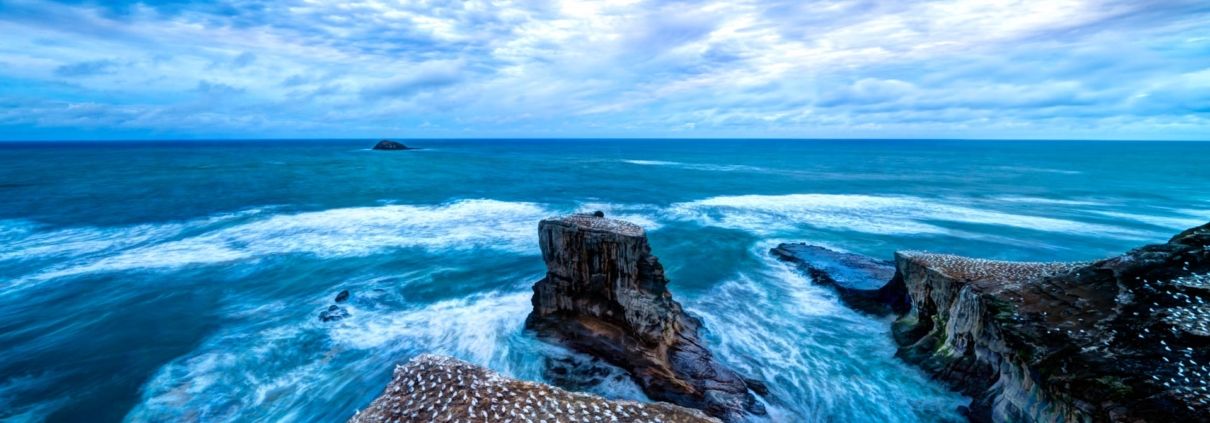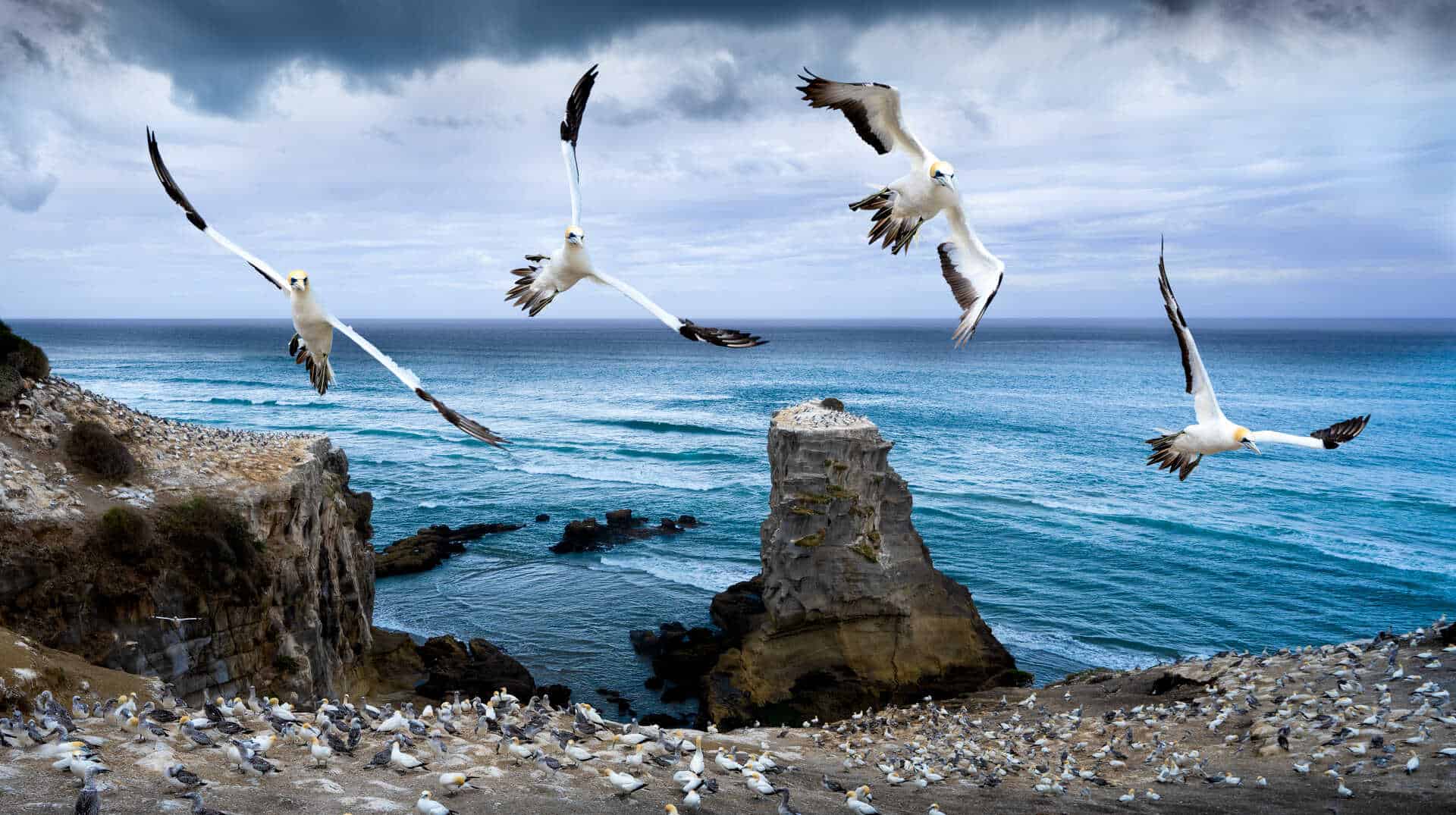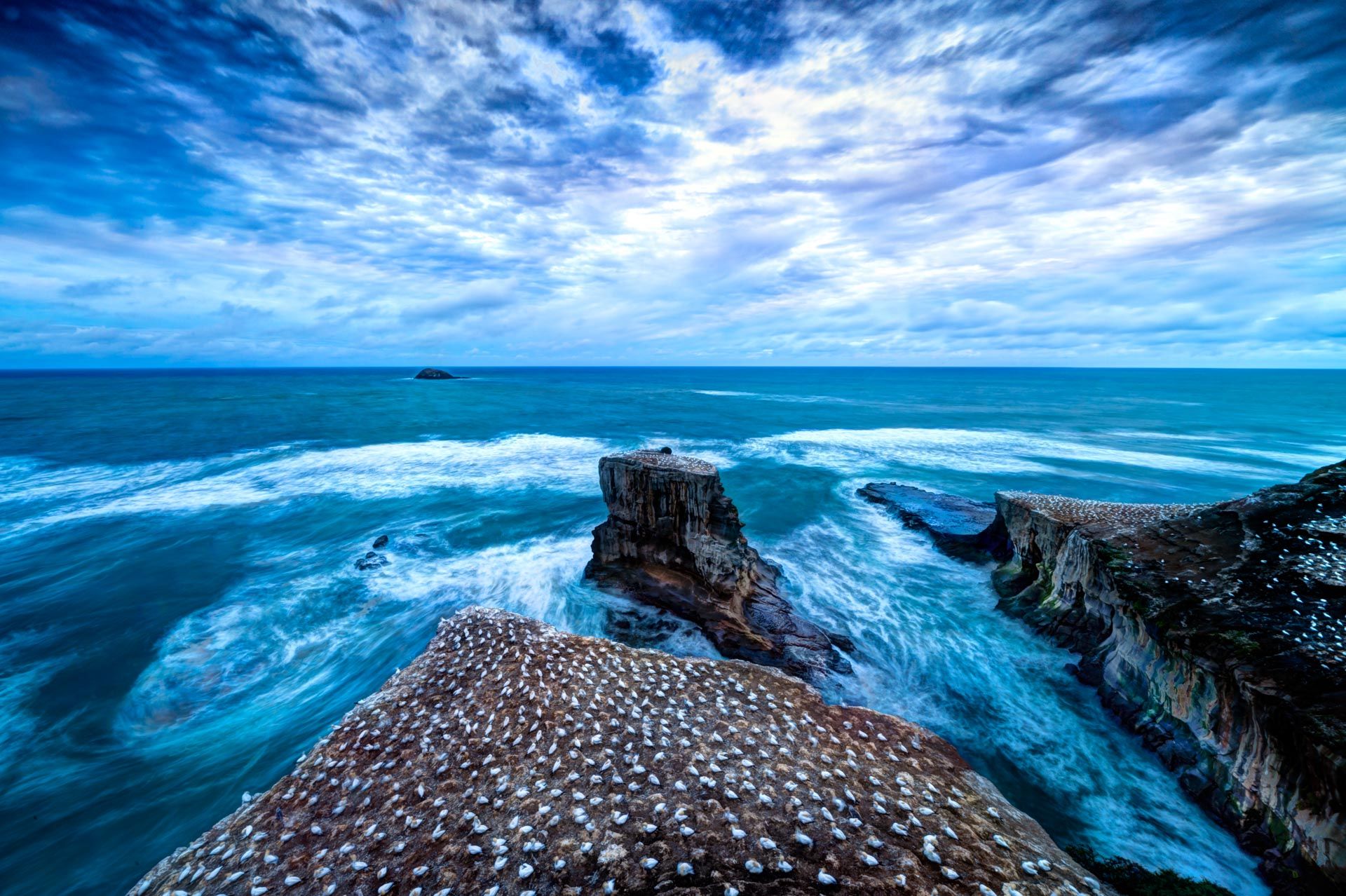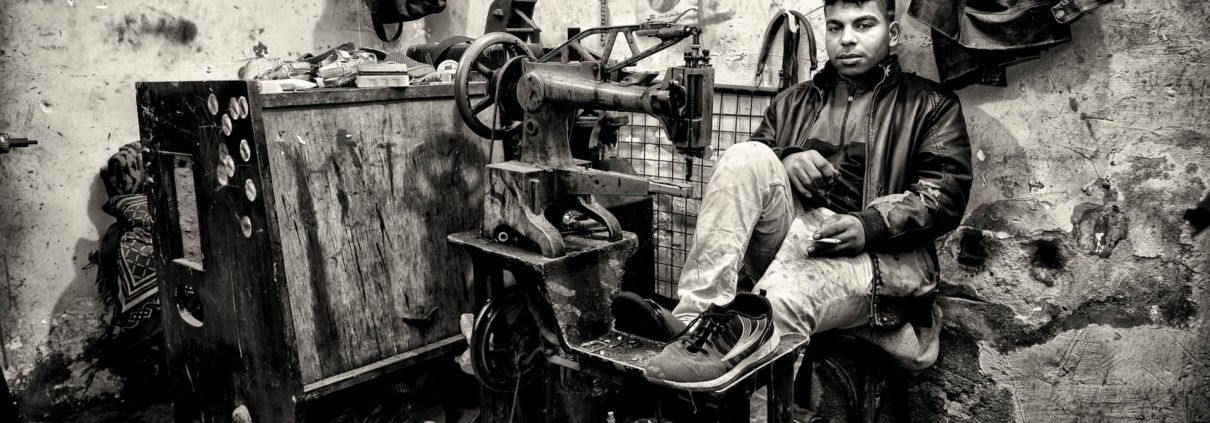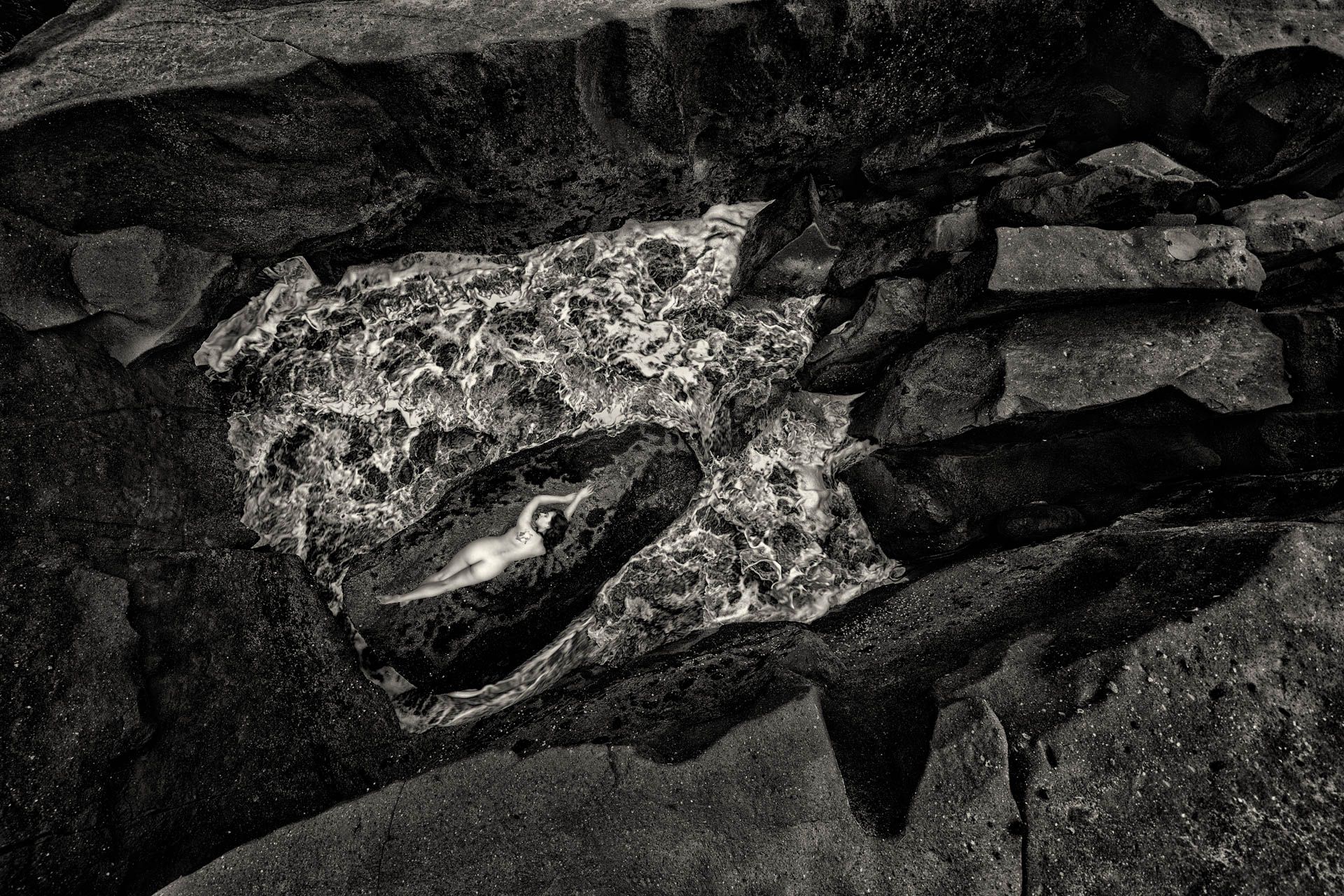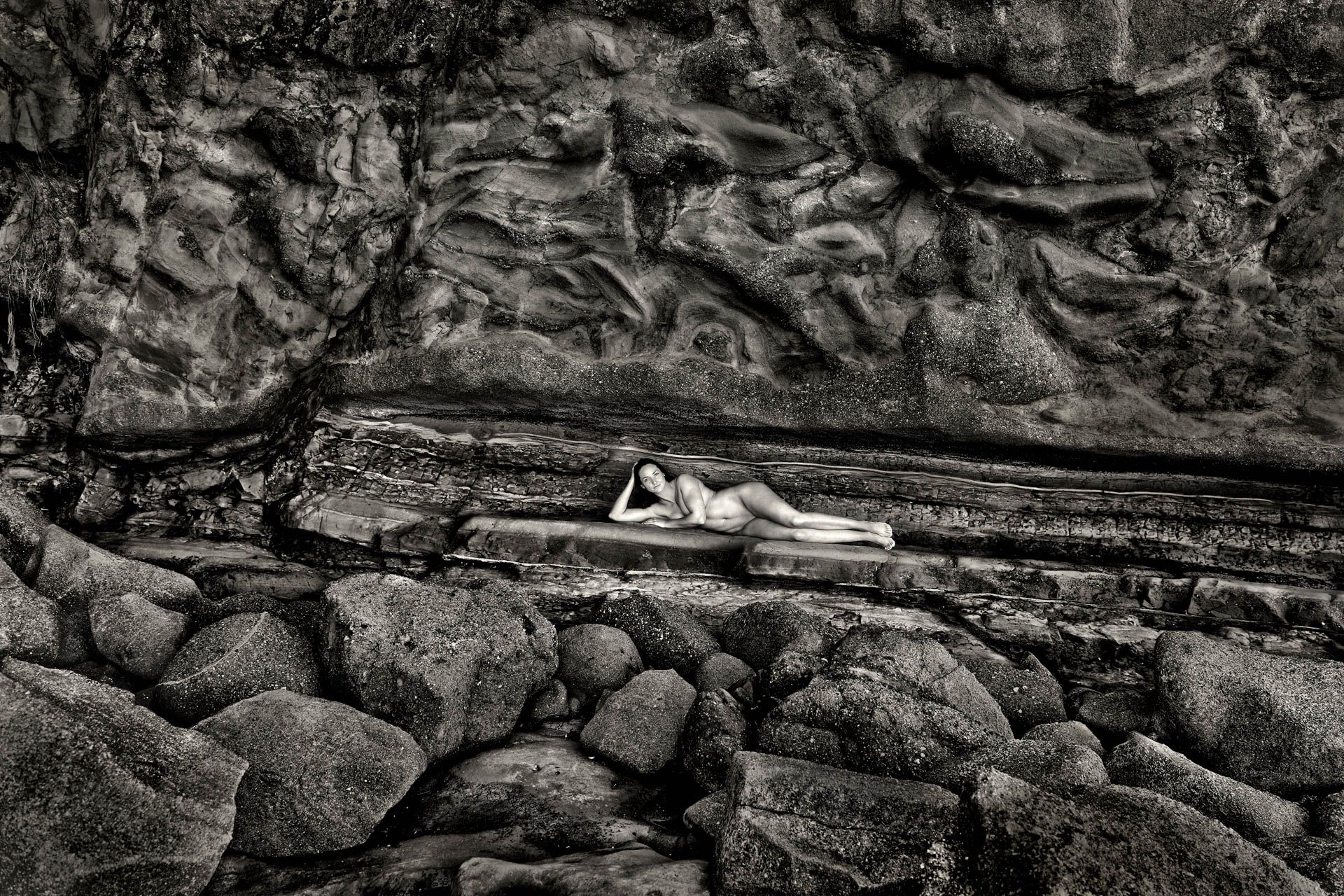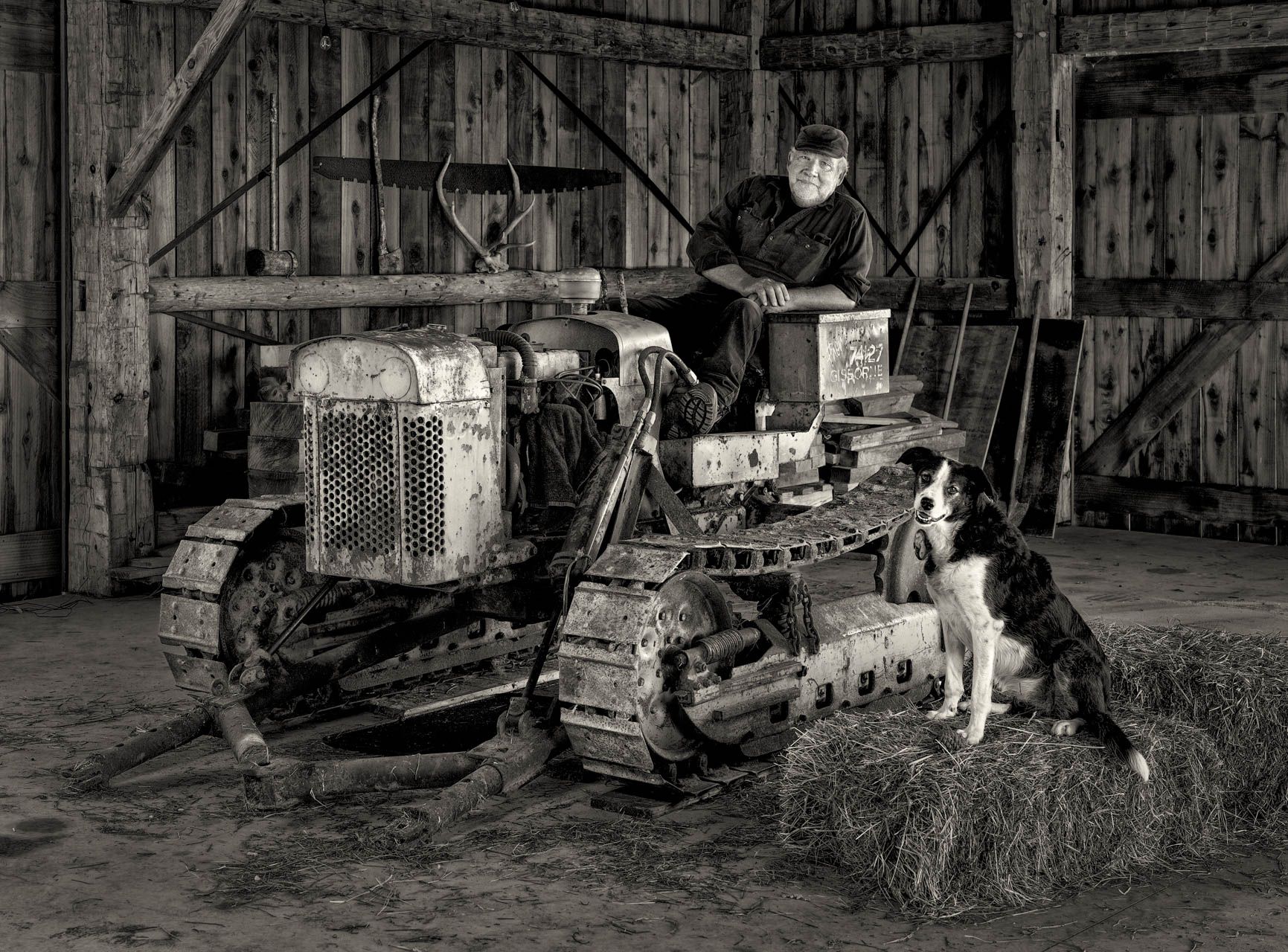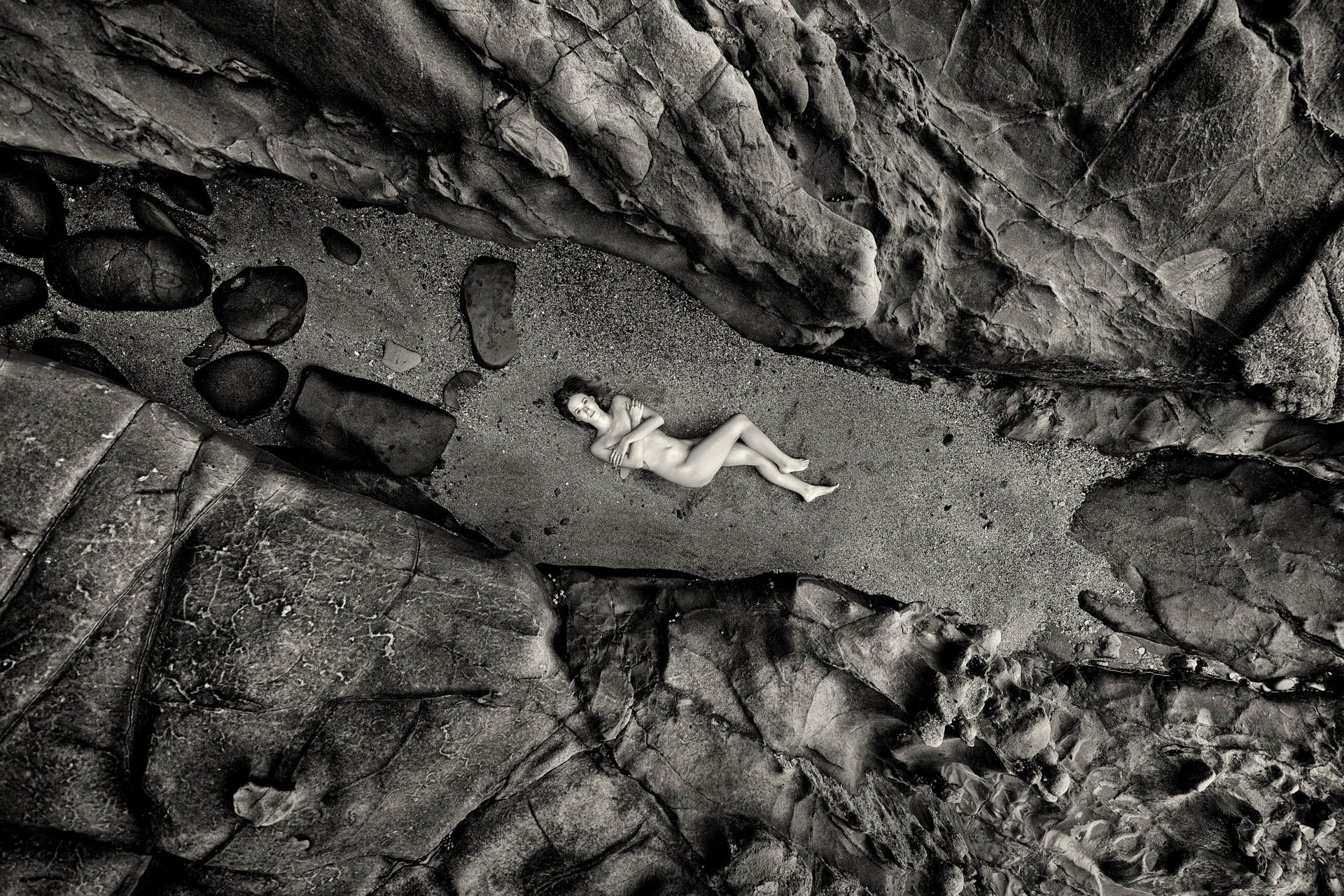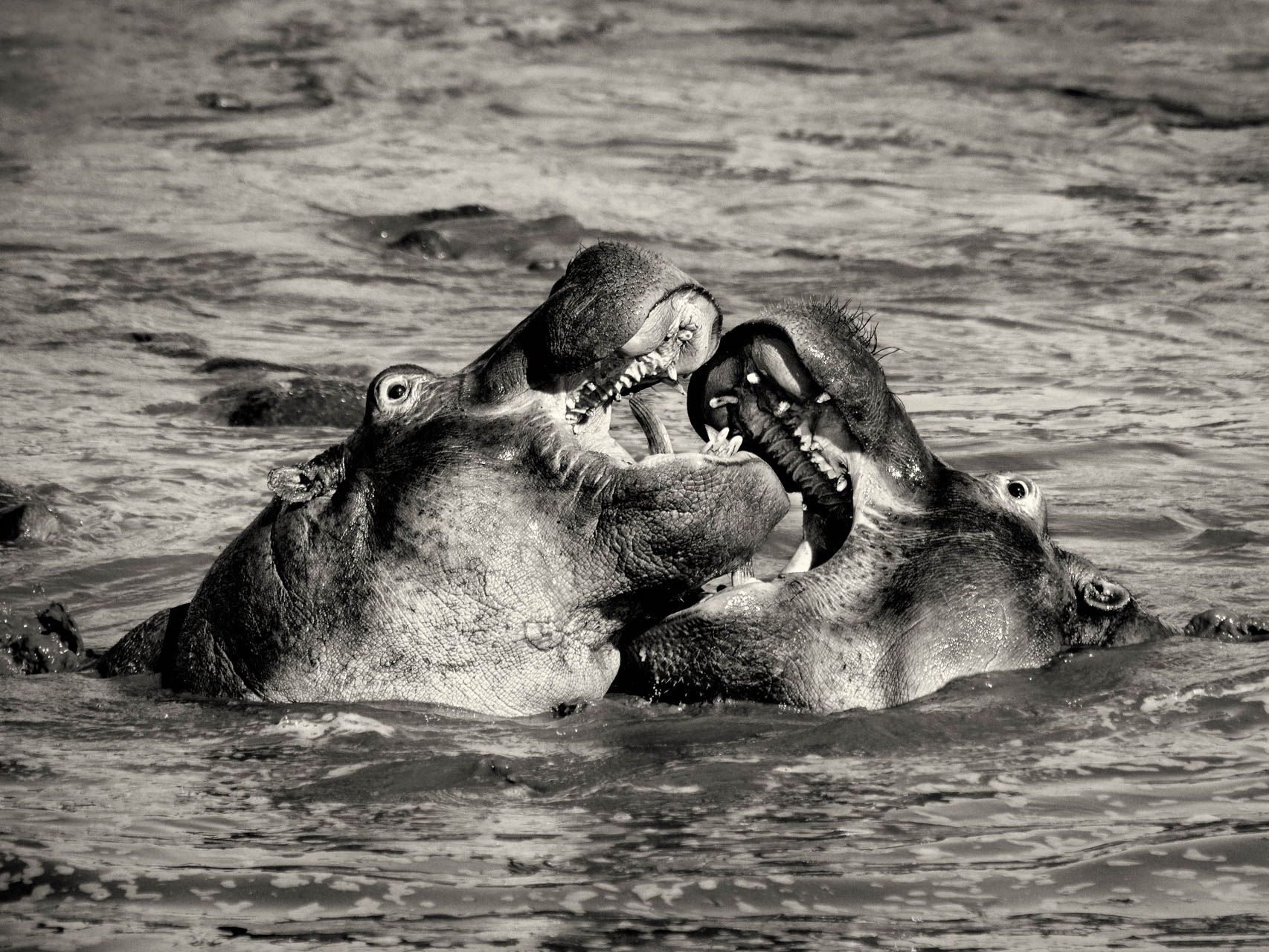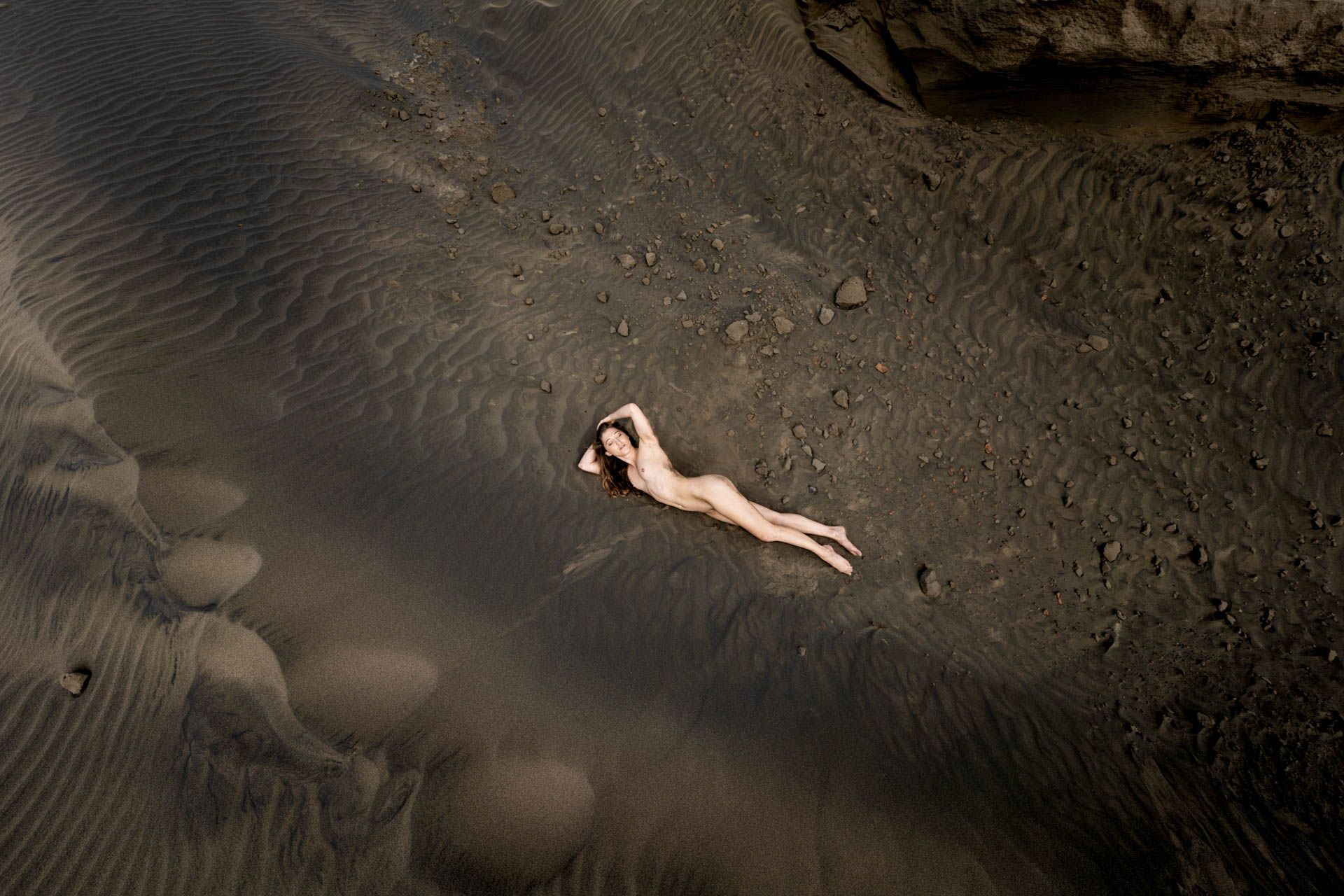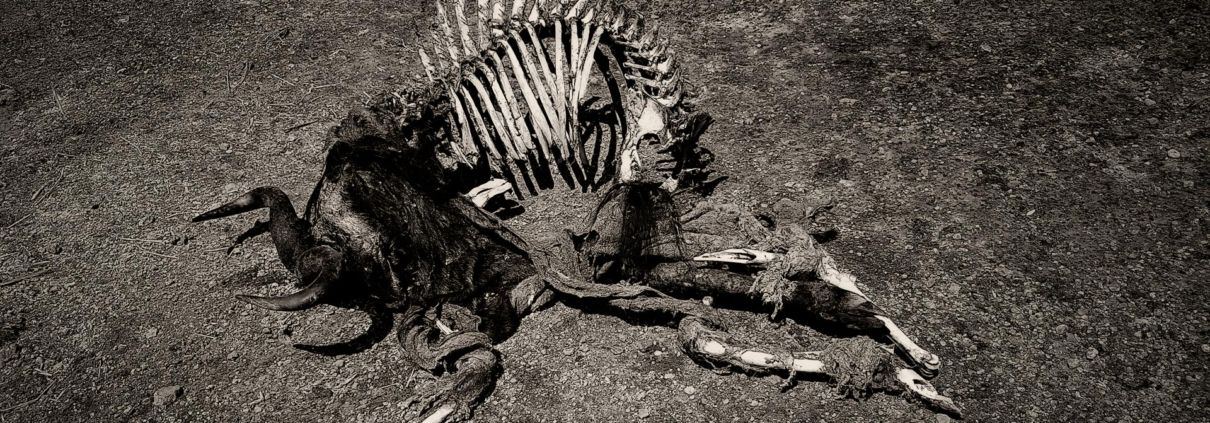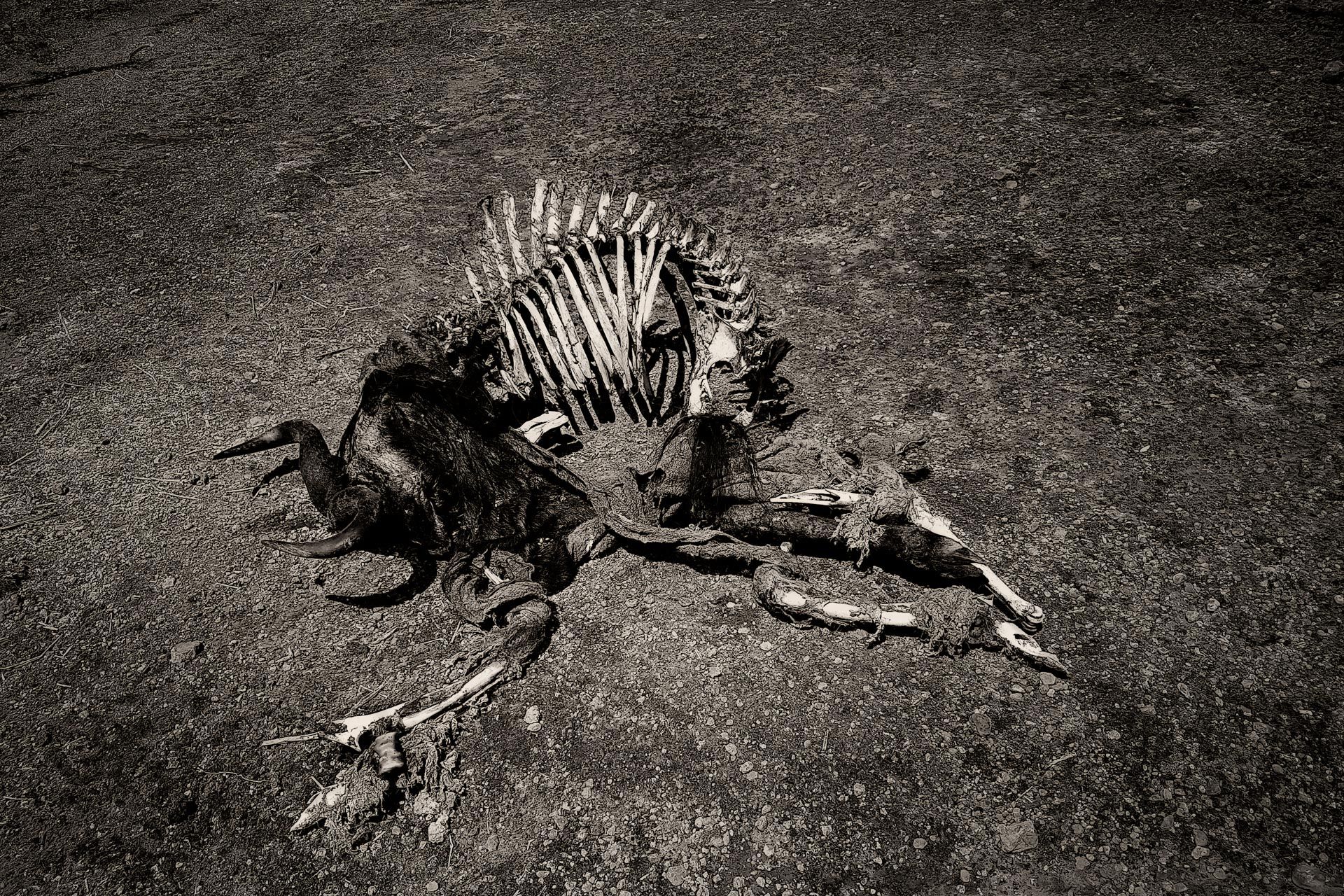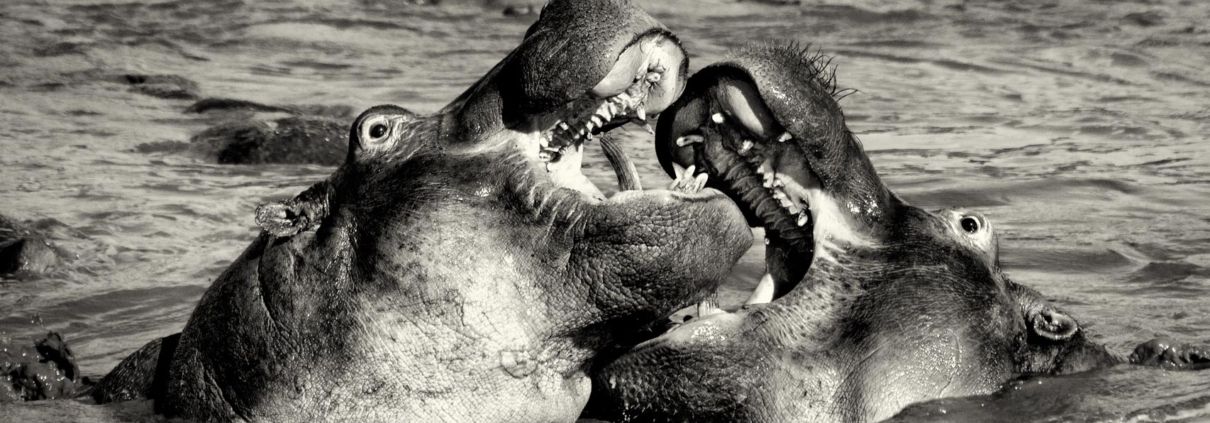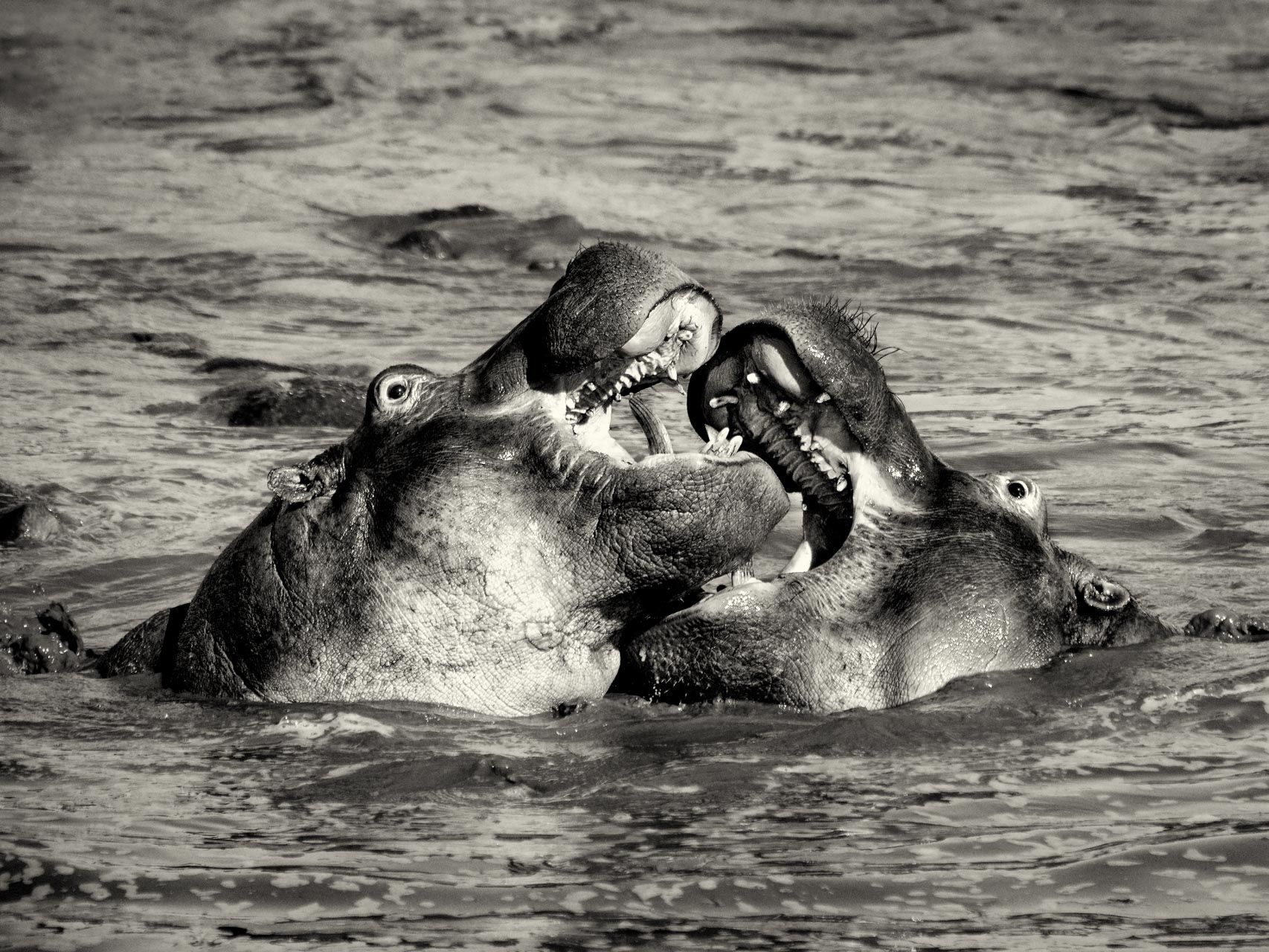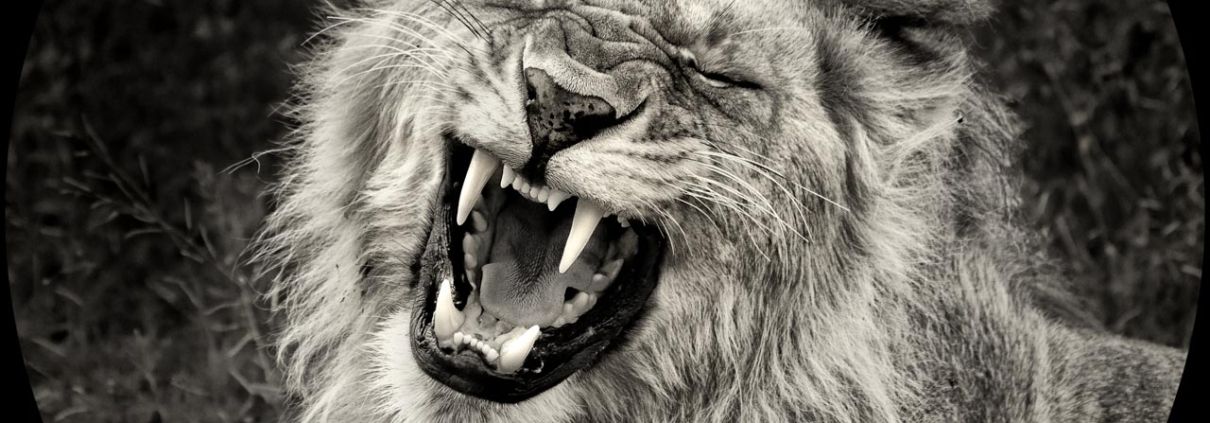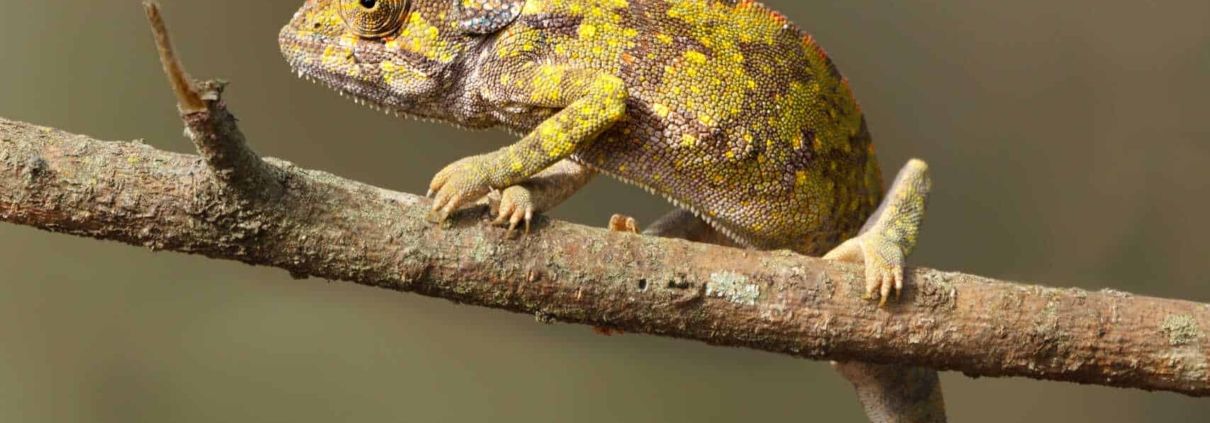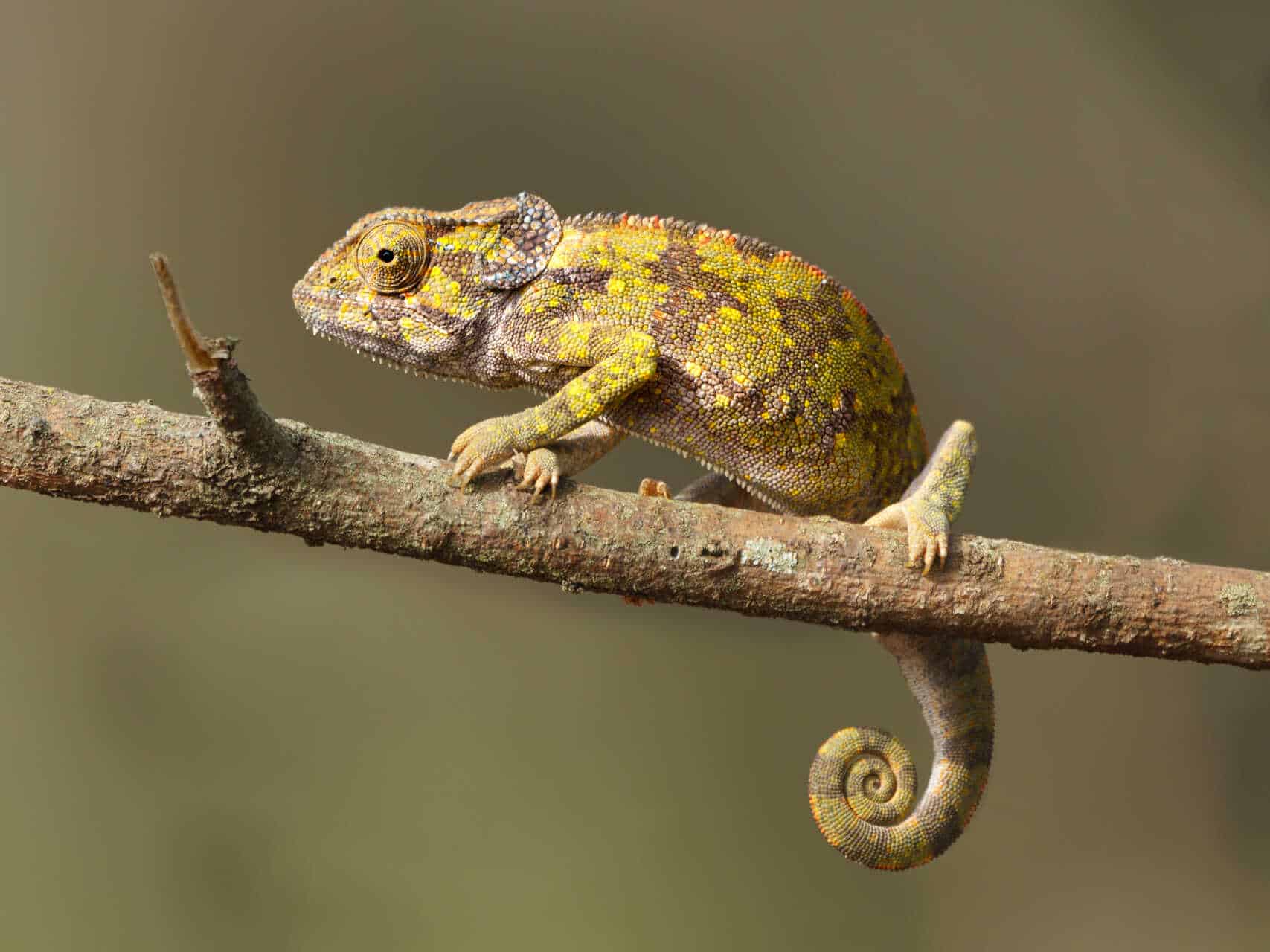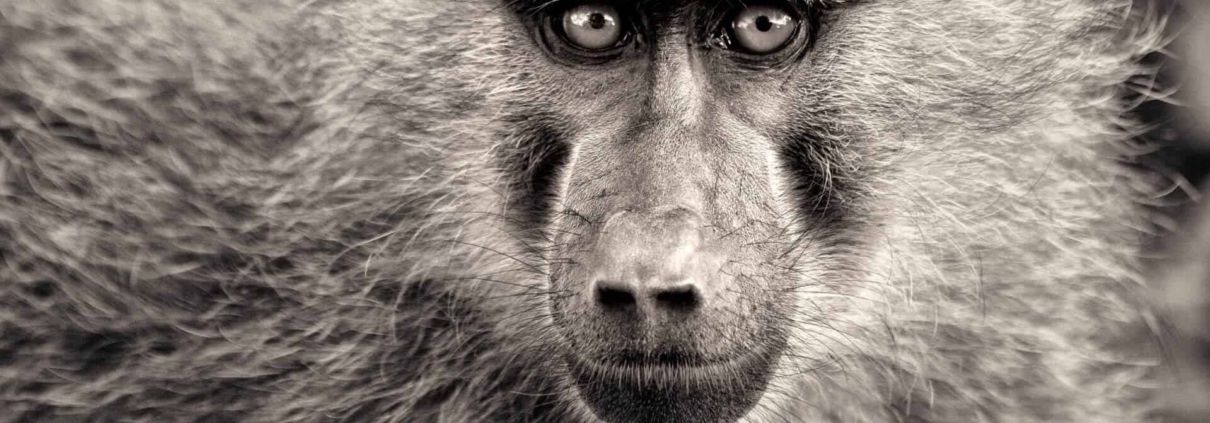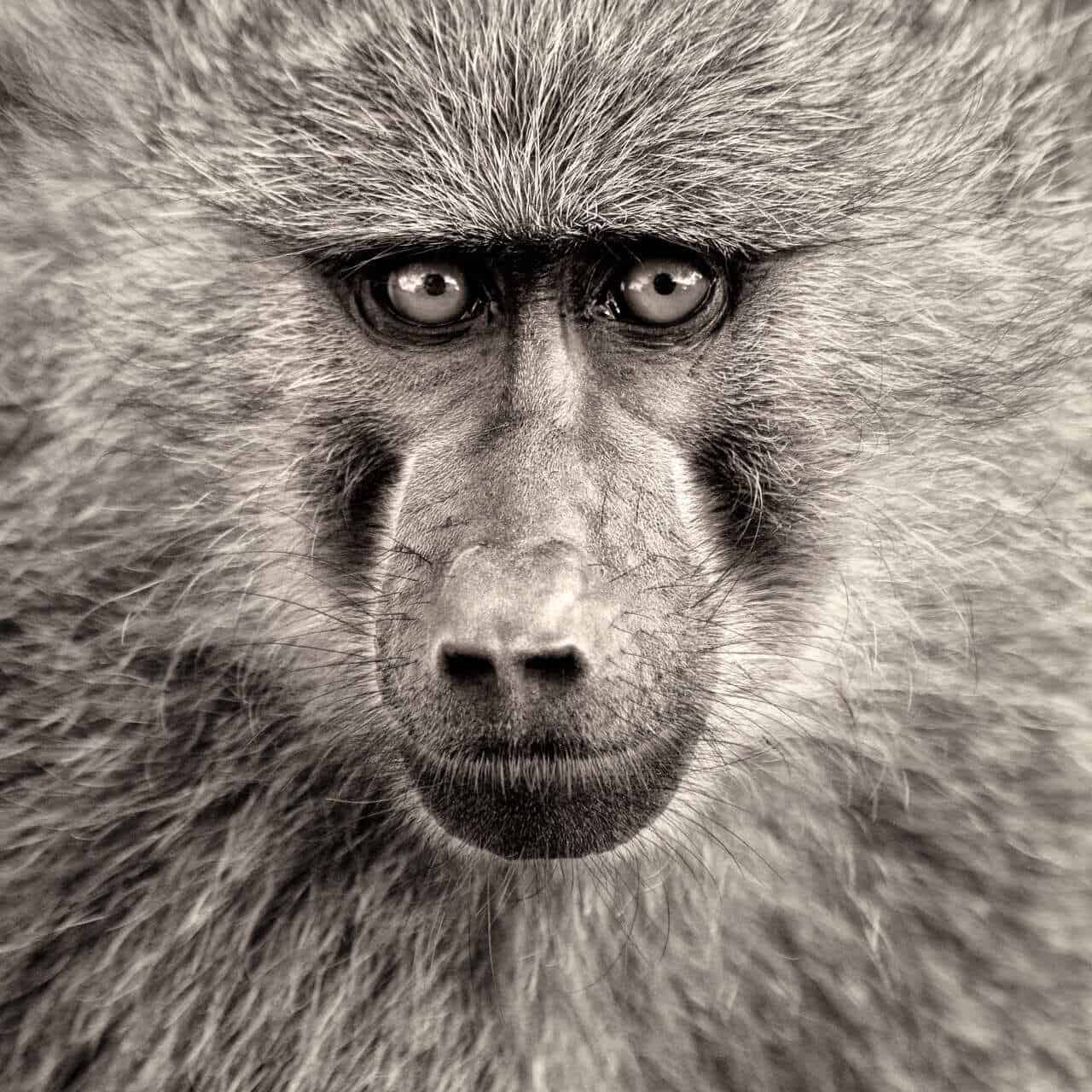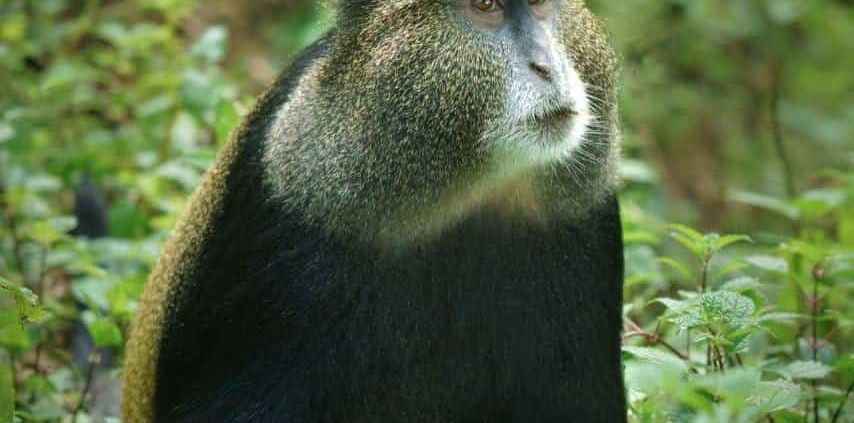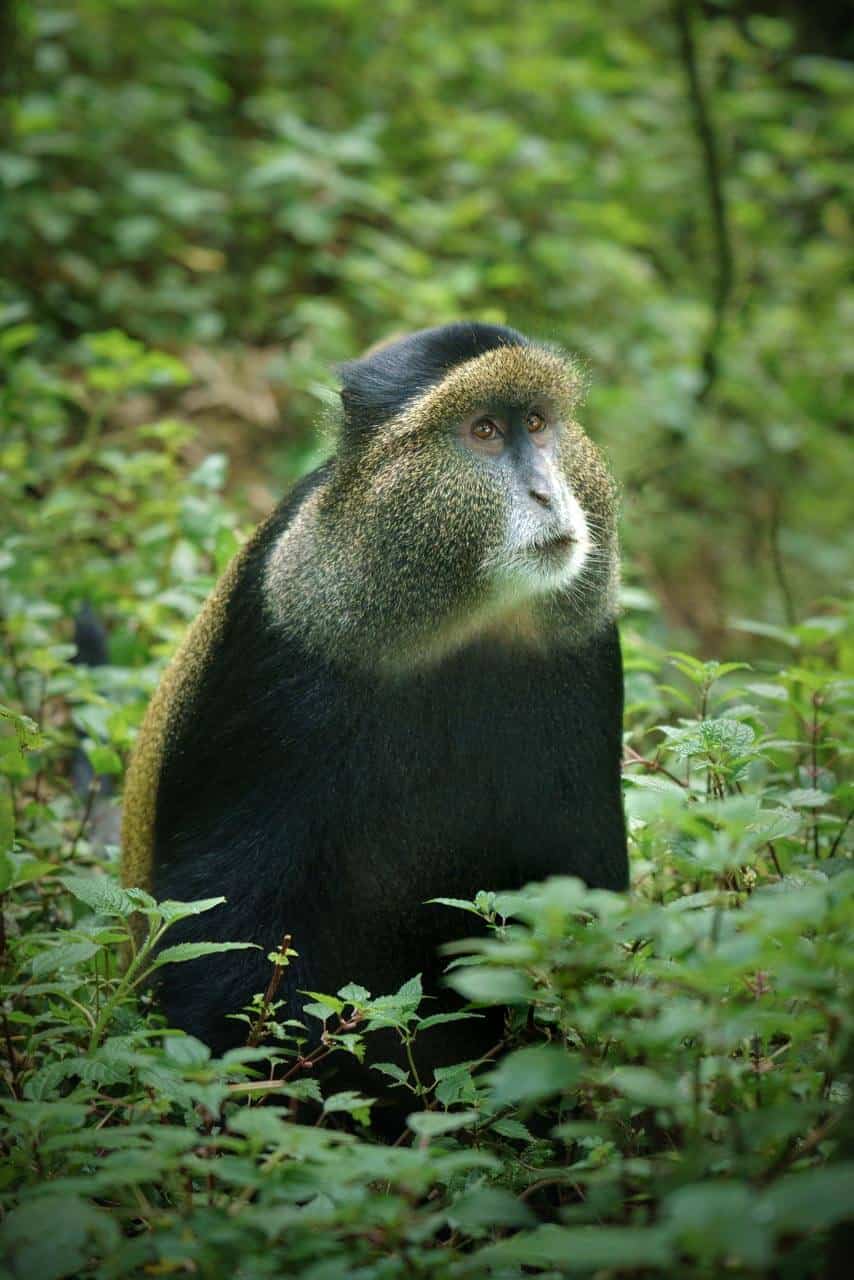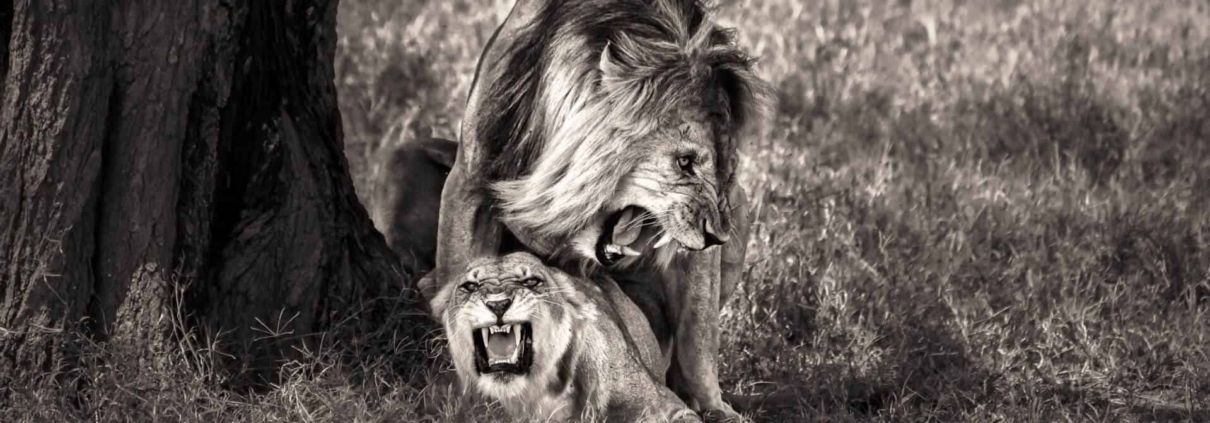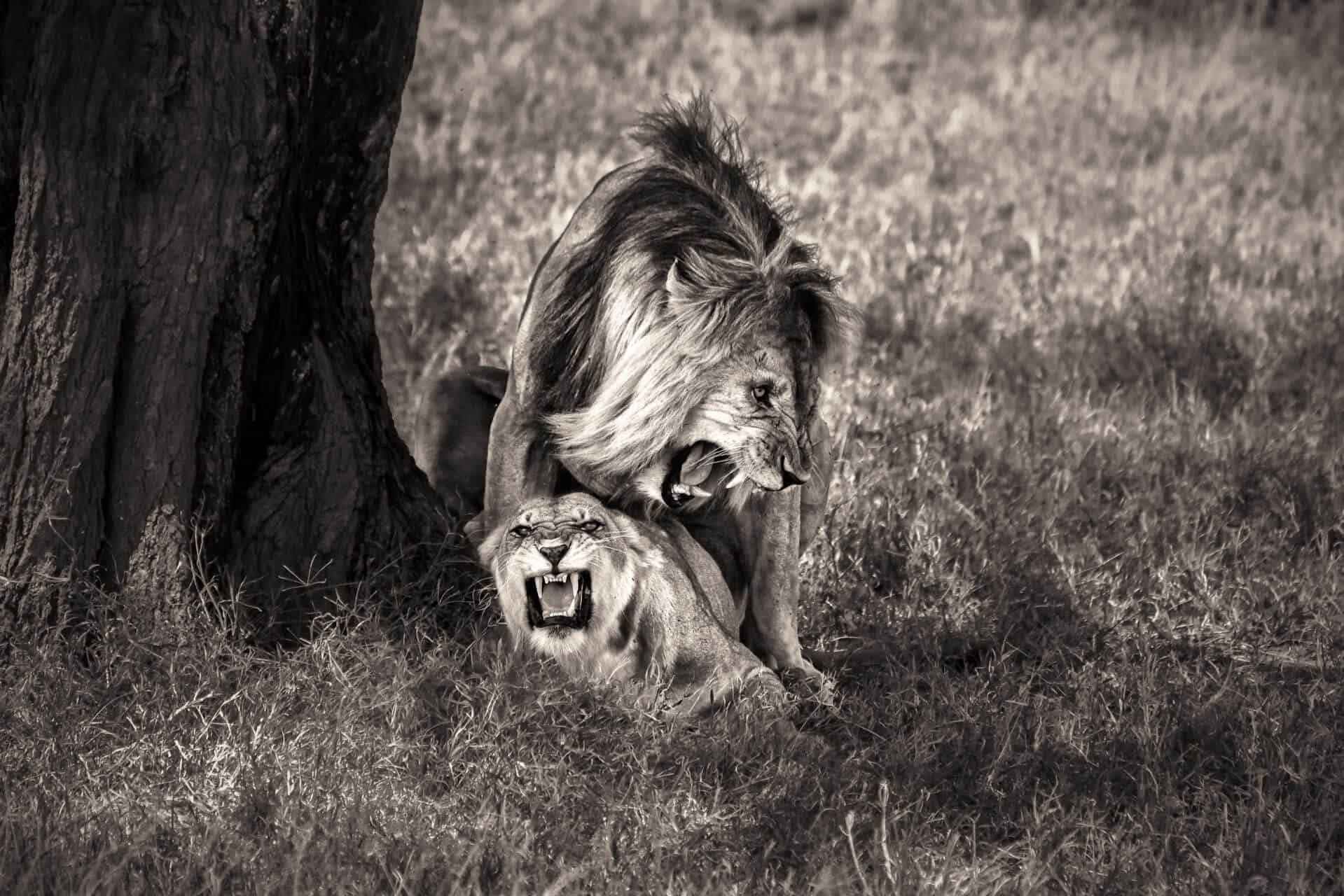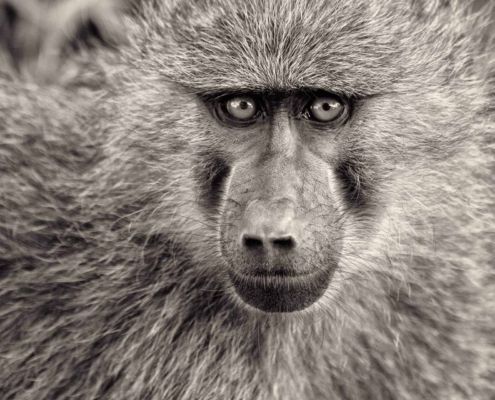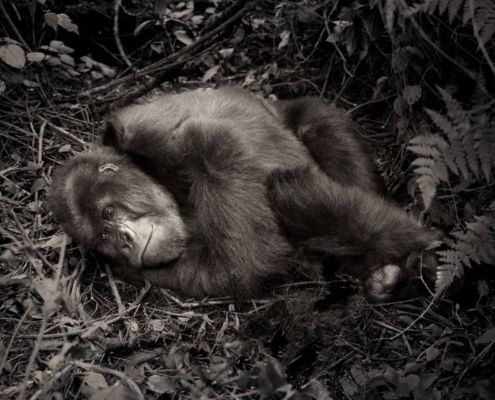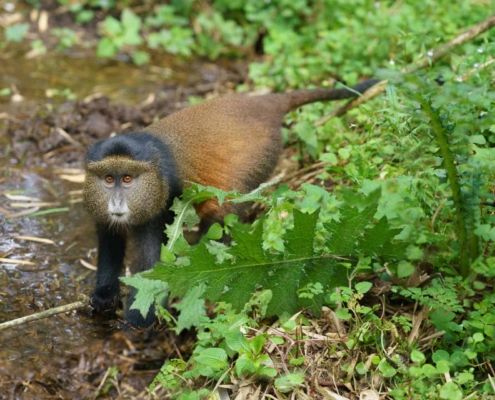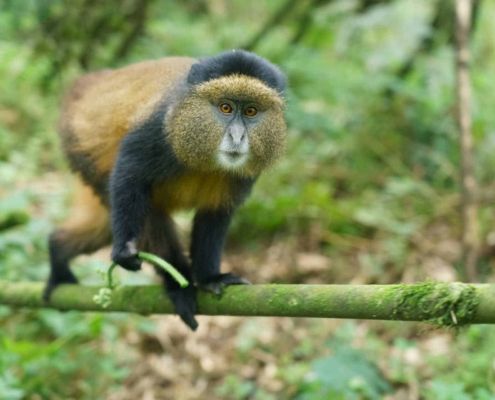Tag Archive for: Wildlife Photography
Muriwai
Muriwai gannet colony is about an hour drive from Auckland. A short walking track from the car park leads to two viewing platforms which are located above the colony nesting site. The colony continues on two steep islands out to sea. Around 1,500 pairs of gannets nest there during August to March every year. The hundreds of nests are just very slightly apart and the stink is sharp. It’s a feast to the eyes (or an air-traffic controller’s nightmare), but the birds have it under control somehow. The birds descending to land must glide over their neighbours squawking raised beaks, so getting it wrong can be extremely painful for all involved. These 2 ½ Kilogram heavy birds have a wingspan of almost two metres, and their mastery of the onshore updrafts is an understatement impressive to say the least. Each pair of gannets lays one egg and the parents take turns on keeping the nest safe. The chicks hatch completely naked and within a week they’re covered with a fluffy gray down. As they mature, they grow juvenile light feathers and begin to exercise moving their wings in preparation for a one-shot jump off the cliff and into the ocean. Once airborne, the young gannets leave the colony and cross the Tasman Sea all the way to Australia, across the ditch. A few years later, the surviving birds return to secure a nest site at the colony. The gannets return from Australia between July to October each year and connect again with their lifelong companions. The new chicks strive for food in December and their parents dive into the sea at up-to 150 kilometres per hour to feed their young birds. The colony becomes abandoned from late autumn to early winter: May to June. The views from the colony are totally breathtaking. Muriwai Beach extends a further sixty kilometres to the north with a line of black sand visibly between the thundering white surf and the cascading sandy hills. Far below, enthusiastic and bold surfers look like seals on the giant ocean swells.
True facts about the gannets – check out this triptych!
- The gannets predominantly feed on small fish such as baby squid, pilchards, yellow eyed mullet and anchovy.
- The gannets lay a single egg around September, October or November
- Incubation time is around forty four days
- Chicks will stay in the colony until February to March and leave when they are around four months old.
- After weeks of furious and extensive flapping their wings on land, the first flight of the juvenile birds takes them more than 2,000 kilometres away to their destination!
- Wingspan up to 180 cm (6 ft)
- Overall length 90 cm
- The birds then migrate to Australia and return after three to seven years
- Gannets feed by diving from high up into a school of fish near the surface of the water at speeds of almost 150 kph. Just before hitting the water, they hold their wings out straight and bend them so they’re pointed completely backwards so they don’t get injured when hitting the water at high speeds. They also take a large gulp of air, which fills the air sacs located in their neck and chest, providing cushioning just like an airbag in a car during impact.
- Gannets live to around thirty years old

